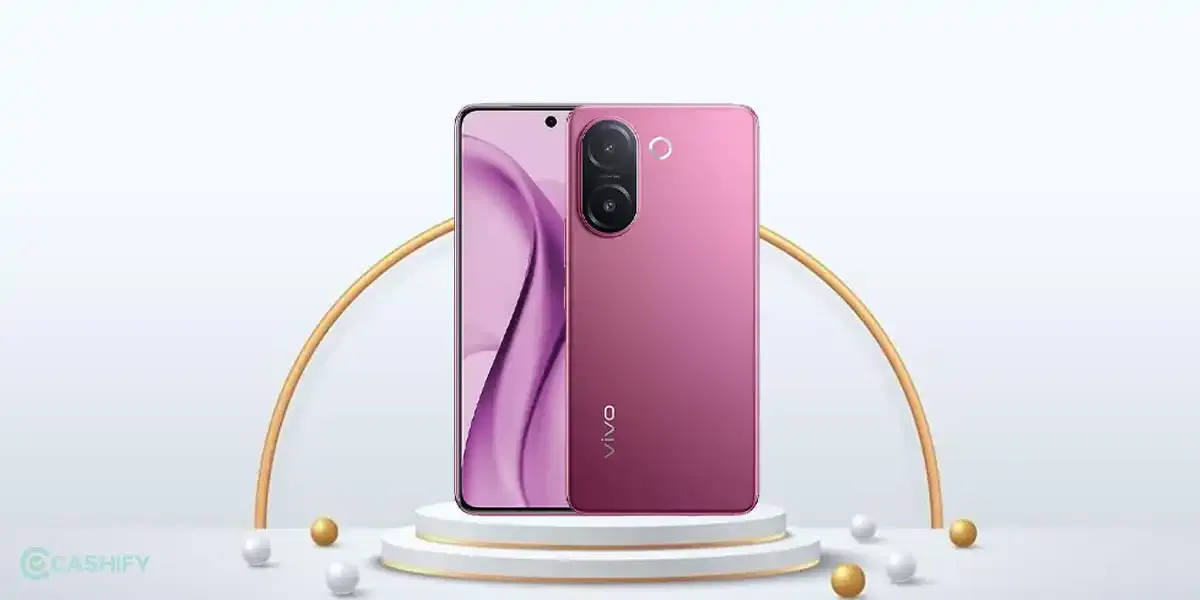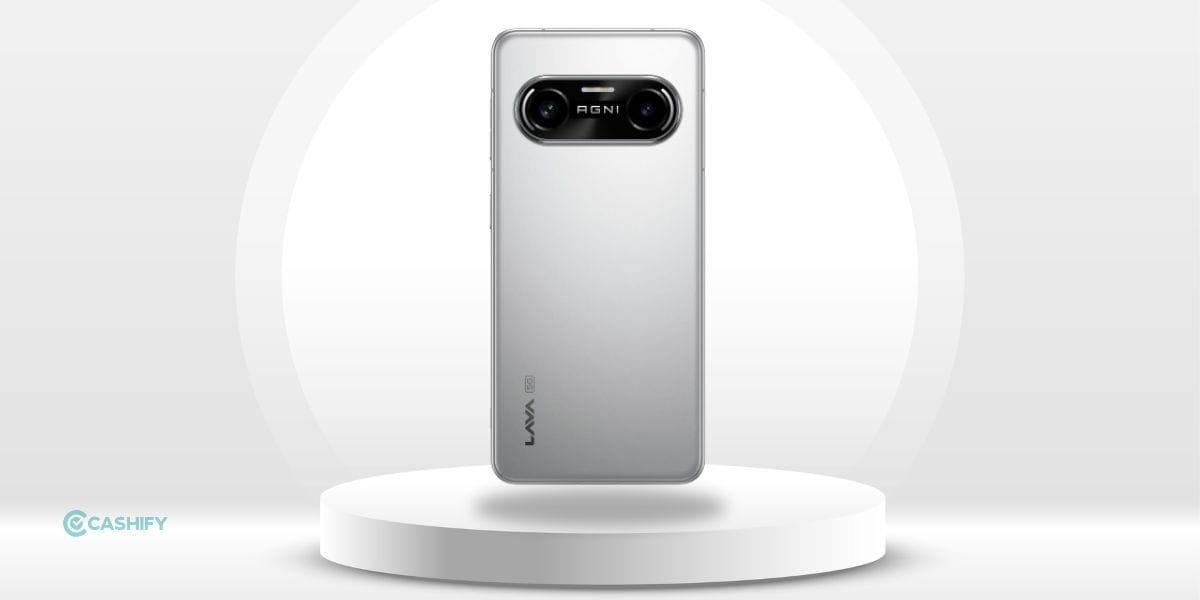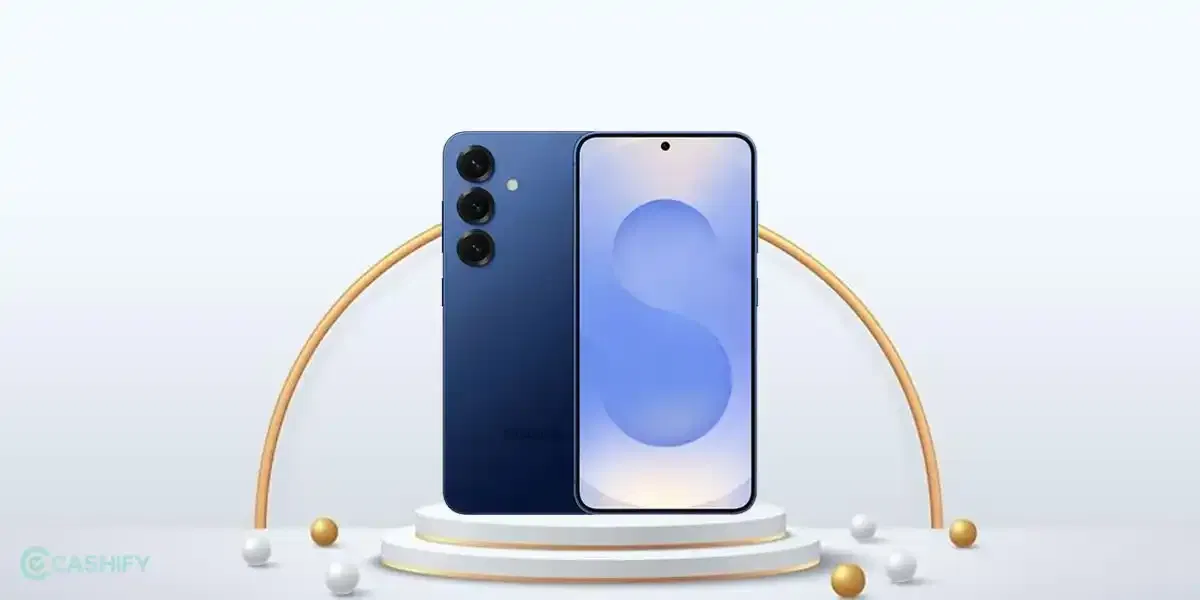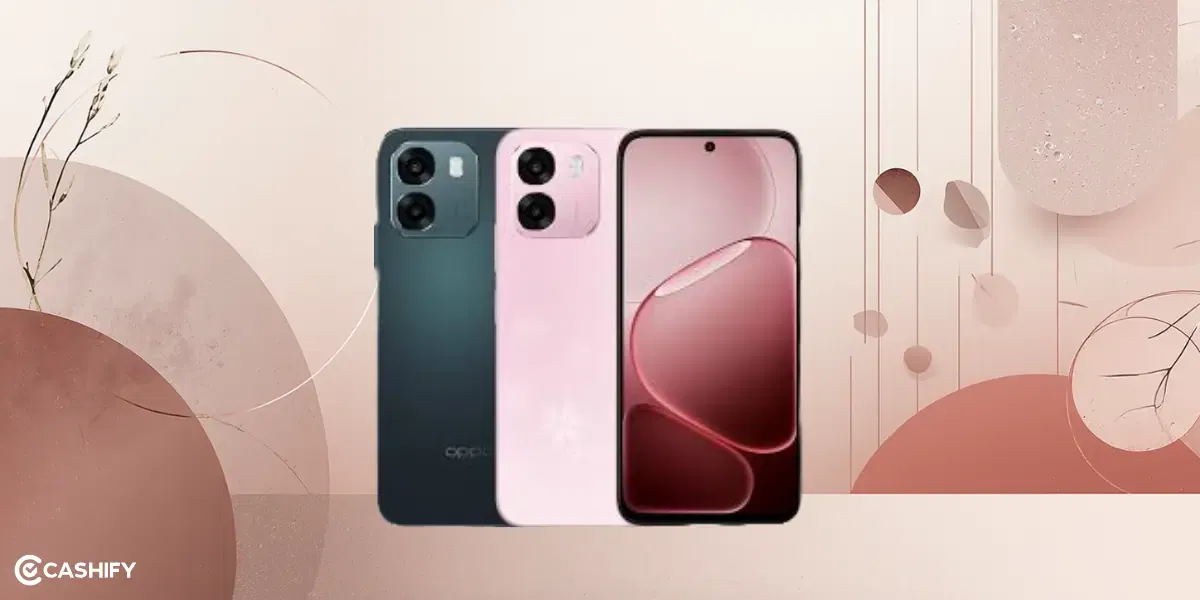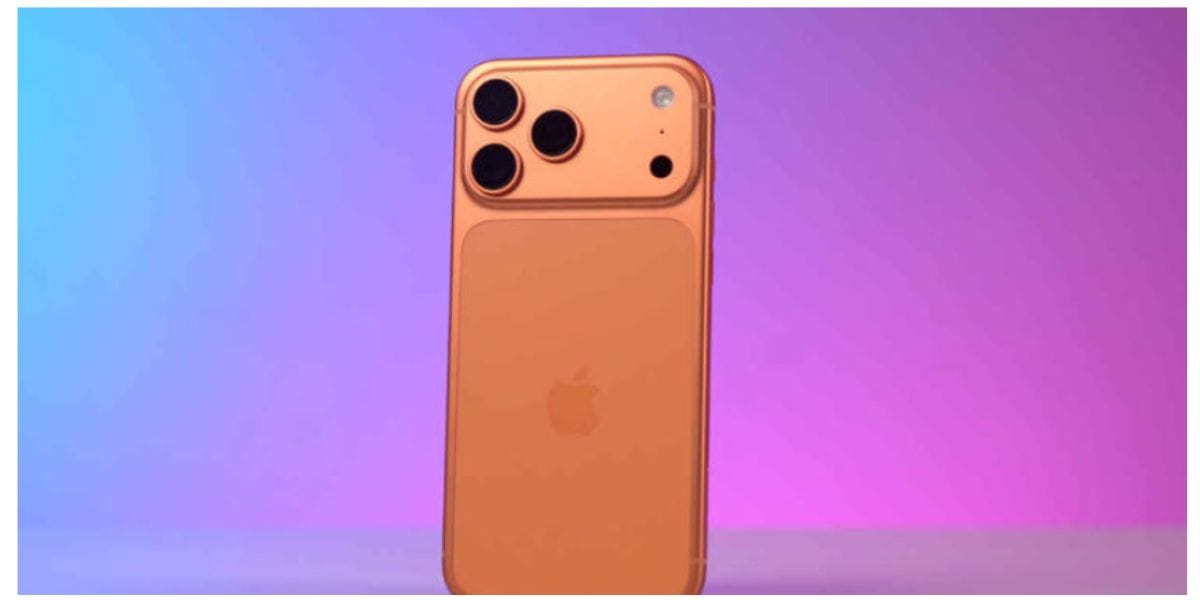Introduction
Xiaomi’s Redmi Note series is a globally recognized popular mid-range series and Xiaomi keeps updating it after every few months or so. The Redmi Note 10 series brings upgrades over Redmi Note 9 and there’s no doubt about it. So, I am talking specifically about the Xiaomi Redmi Note 10 in India which is a non-5G version and comes with feature-packed specifications with a stereo loudspeakers setup, a fast-charging battery, a Super AMOLED display, and more while making some downgrades in other departments such as no NFC.
Recycle Your Old Phone, Get Rewarded!
Here’s an in-depth hands-on review of the Xiaomi Redmi Note 10 that you should read before buying it.
Prices in India, Variants, Availability
Xiaomi Redmi Note 10 is available in India via Amazon India and Mi.com online store starting at Rs 12,499/- for its 4GB+128GB variant while the maxed out 6GB+128GB variant is available at Rs 14,999/-. There’s a middle 4GB+128GB variant also available although it is not sold in India at the time of writing this. You can get the device in three colours i.e. Aqua Green, Frost White, and Shadow Black. Amazon India is offering an exchange discount of up to Rs 12,600/- along with other benefits such as No Cost EMI, up to Rs 1,000/- off on using HDFC Bank CC, among others.
Box Contents
Xiaomi Redmi Note 10 comes packed in old school packaging which Xiaomi has been following for years now. Inside the box you get:
- Redmi Note 10 device with a screen protector installed
- 33W fast charging adapter
- USB Type C cable
- Transparent Plastic Back Cover
Specs at a glance
Before we talk in detail about the Xiaomi Redmi Note 10 let’s see what the on-paper specs look like?
- Display: FHD+ (1080 x 2400) AMOLED Dot display; 16.33 centimeters (6.43 inch)
- Processor: Qualcomm Snapdragon 678
- Storage: 4GB/64GB, 6GB/128GB
- Software: MIUI 12 based on Android 11
- Rear cameras: 48 MP Quad Rear camera with 8MP Ultra-wide, 2MP Macro and Portrait lens
- Battery: 5020 mAh, 33W fast charger
- Weight: 179g
- Dimensions: 160.46 x 74.5 x 8.3 mm
Design and Build
Unlike last year’s Redmi Note 9, the Redmi Note 10 is way better in terms of design. It is IP53 certified and is great for resistance against splashes and rain. Moving on, Redmi Note 10 uses a polycarbonate frame and back panel with a matte finish to it. Now unlike other brands that manufacture budget phones with matte finish (that looks ugly), Xiaomi doesn’t do that. Redmi Note 10 looks pretty premium even with the use of polycarbonate for the back panel which is a major plus here. But it’s a fingerprint magnet depending upon which colour you pick.
The camera rig is identical to the ones seen in the Mi 11 series as well and a two-step design that looks polished. It is well-defined and isn’t clutter all over which is something I disliked the Redmi Note 9 for. Flip the phone and you get a giant display with symmetrical sides and top bezels, the chin remains the same though aka it is thick.
Planning to upgrade? Sell Your Old Phone in 60 Seconds From Home
Redmi Note 10 is using a punch-hole cut-out located on the top centre which is among the smallest in this price range. Moving ahead, the sides are curved which makes holding the phone much easier. The sides are squeezed enough that Xiaomi had to flatten and widen the sides to accommodate the power button.
At the bottom, you get a USB-C port, a 3.5mm headphone jack, and a bottom-firing loudspeaker. On the top, you get a second loudspeaker and an IR Blaster. There’s a power button cum FPS, and a volume rocker on the right, and finally, a SIM card tray on the left, and that’s about it.
Display
Xiaomi did make a massive upgrade in terms of the display even when the device is aggressively priced. The display is just right at a 6.43-inch Super AMOLED panel with a regular 60Hz refresh rate and pulls off a 1080×2400 pixels resolution. The bezels around the edges are slim which adds to its overall enormity all while staying much easier to hold.
I tested the display for a bit since it is the only aspect we interact with the most. You would love watching movies and videos on the display with the eye-popping colours, decent viewing angles, and not to forget, it’s an OLED panel which is any day a massive upgrade over an LCD panel.
About the brightness, the display lights up to a whopping 682 nits (700 nits advertised) as a peak in auto mode while the manual mode peaks at 475 nits. The display could perhaps light up to a whopping 1100 nits in certain sections although the lack of HDR does make a lot of difference. It’s not like the Redmi Note 10 doesn’t have an HDR since YouTube does recognize the display as one and streams HDR content. On the contrary, both Netflix and Amazon Prime Video support SDR playback so you will have to wait until either the first or the last two decide either way.
Broke Your Old Phone Screen?
– Affordable Display Replacement at Home
Well, there’s a variety of interesting animations that you can check out on the Redmi Note 10. Also, there’s a schedulable dark mode on-board as well.
Performance
Talking about purely the specs, the device is powered by a mid-range Snapdragon 678 SoC fabricated on an 11nm node with a max frequency of 2.2GHz. The graphics are handled with Adreno 612 SoC, the device has 4/6GB RAM and a 64/128GB UFS 2.2 internal storage onboard.
Looking for Best Phone Under 20000? Check Out Redmi Note 10 Pro Max Quick Review in 2 Minutes
Now here’s where Xiaomi Redmi Note 10 takes the most hits. The phone uses a mid-range Snapdragon 678 SoC which is laggy often. You will see transitions and animations lag for a bit at times when using the phone. The chipset does handle multitasking but doesn’t try maxing it up by switching between too many apps or a few intensive apps. But hey, you are paying around Rs 12,000/- which means these compromises over the performance on the device aren’t something that should hit you the most.
You can still do all your daily tasks, play games like Temple Run 2, Subway Surfers, and a million other games that don’t test the processor to its extreme such as Call of Duty: Mobile or PUBG: Mobile. Just to mention, if you are playing graphic-intensive games, you will notice frame drops, graphics stutter, and whatnot either when you begin playing or after some time but you will surely see it.
Software
There’s MIUI 12 based on Android 11 on top of it. Now, MIUI 12 isn’t the perfect UI and rather I would say it is heavy. Filled with bloatware that you wouldn’t even like, MIUI 12 still brings updates every week on its devices adding new features. Of course, you can’t forget about ads and MIUI has ads all over it unless you disable several places that offer personalization services.
Cameras
Xiaomi Redmi Note 10 sports a quad-camera setup at the back. It is populated by a 48MP sensor with f/1.8 aperture, PDAF; a secondary 8MP ultrawide sensor, and two 2MP sensors with f/2.4 aperture each for macro and depth sensor. The front, on the other hand, has a 13MP selfie shooter.
Now we have a quad-camera array at the back. The primary snapper can take quality shots with a lot of details in good lighting conditions. It snaps 12MP shots by default but you can toggle it to take full-blown 48MP snaps as well.
As said, the shots are good-quality with abundant details in daylight and the colours are accurate as well. However, don’t expect it to be a Mi 11 series-like snaps given the price between and thus, the hardware and software limitations. Shots indoors have decent quality too although you will see grains in the shot as well. The dynamic range on the sensor is excellent and especially for a budget phone.
When you dial in the night photography, the shots are decent if not better. The focus is quick and the dedicated night mode does a great job capturing more light, more details, and exposure. Apparently, the difference between the dedicated night mode and the Photo mode on Redmi Note 10 is of night and day literally and figuratively.
Next up, we have an 8MP ultrawide snapper which works like a charm. The sensor is limited to clicking 8MP shots and the results are soft images. The dynamic range on the ultrawide snapper is narrow. Although you won’t get a perfect edge distortion correction on Redmi Note 10, the shots are wide and the extreme edges are a bit soft and you get a ting of edge distortion in some shots if not all. Overall, the colours pop up and it is in line with the primary sensor.
Check Out: OnePlus 9R FAQs
2MP macro sensor onboard is the same as you might have seen with a bunch of other Xiaomi smartphones. The macro sensor is a fixed focus shooter which means you probably have to take several shots before closing in to the best one from the lot. The colours are lively and the details are on par with the resolution of the sensor since it is a limiting factor here. Finally, the 2MP depth shooter works with the primary sensor to grab portrait shots with good-quality edge detection.
Moving on, we have a 13MP selfie shooter that surprisingly took good-looking selfies be it indoors or outdoors. The sensor was able to preserve fine details as well without overblown it which is something I would want to have nowadays when taking blemish-free selfies (which cuts back on the finer details such as skin texture) is a complete NO for me.
Battery
Battery capacity has always been a strong suit for Xiaomi Redmi Note devices. Redmi Note 10 comes with a 5,000 mAh battery which is just 20mAh less than Redmi Note 9’s 5020 mAh battery. It does give more than a full day of battery life with a mix of moderate to heavy usage. Light users can take it further, extending the battery life to more than one and half a day which is a baller.
Frustrated with a draining battery? Affordable Mobile Battery Replacement at Doorstep
The device is packed with a 33W fast charging speed which is great, to be honest. It took 30 minutes to charge to 65 per cent and a total of 73 minutes to charge it to the full capacity. This gives it an edge over Poco X3 Pro, Xiaomi Redmi Note 10 Pro and a few others. There’s no wireless charging here which isn’t a surprise at this price tag.
Audio, Connectivity, Biometrics
About all the connectivity features, Xiaomi Redmi Note 10 packs in a USB Type-C 2.0 port, an IR blaster, it supports Bluetooth v5.0 with A2DP and LE, and finally, WiFi 5 dual-band. There’s GPS coverage where the system supports Galileo, BDS, Glonass, and A-GPS alike. Luckily, there’s a 3.4mm headphone jack on-board which is great for audiophiles.
Getting stereo speakers set up at such a price bracket is anyways a good deal, to be honest. I am a fan of stereo speakers as it makes media viewing and gaming experience worthwhile. Talking about Xiaomi Redmi Note 10, its stereo speakers setup is well-balanced and you get a decent amount of loudness. Note that it isn’t that loud and also, vocals and highs began to distort a bit when you yank up the volume to the maximum. Dialling it back to 80 per cent relieves you from this mess.
Overall, the stereo speaker is a good addition although don’t expect it to have the best quality sound out there. It is decent and you’ll still be able to enjoy it paying such a low price tag for such a rare feature at this bracket.
As usual, you get plenty of unlocking mechanisms on your Xiaomi Redmi Note 10. This includes a side-mounted fingerprint scanner, a facial recognition system, and the usual PIN and Pattern methods. The FPS on the side is just great, unlocks the phone in just a fraction of a second and you would love its responsiveness and promptness. This is only hampered with some bugs that the MIUI 12 build I was running on while testing the phone but that’s not a big deal. The facial recognition system works flawlessly too although the FPS is more reliable.
Pros & Cons
Pros
- Super AMOLED display with 60Hz refresh rate
- Qualcomm Snapdragon 678
- 48MP Quad-rear camera
- 5000 mAh battery with 33W fast charging
- Corning Gorilla Glass 3 protection
- IP52 dust and water resistance
- Dual-Stereo speakers
Cons
- No 5G connectivity
- No NFC
It goes without saying, the Xiaomi Redmi Note 10 doesn’t get everything right. Some specs need a much-needed overhaul even though the device is barely a few weeks old. Talking about the verdict, the device has some improvements over its predecessor that includes IP53 certification, OLED panel, faster charging as well as a stereo speaker. However, it doesn’t have NFC, autofocus on the macro sensor, and a few more things here and there.
Plus, the chipset feels underwhelming even though it has made an upgrade from SD675 to SD678. If you are thinking of upgrading to the Redmi Note 10, take this review as a stencil to decide whether you want to go for it or not.




















